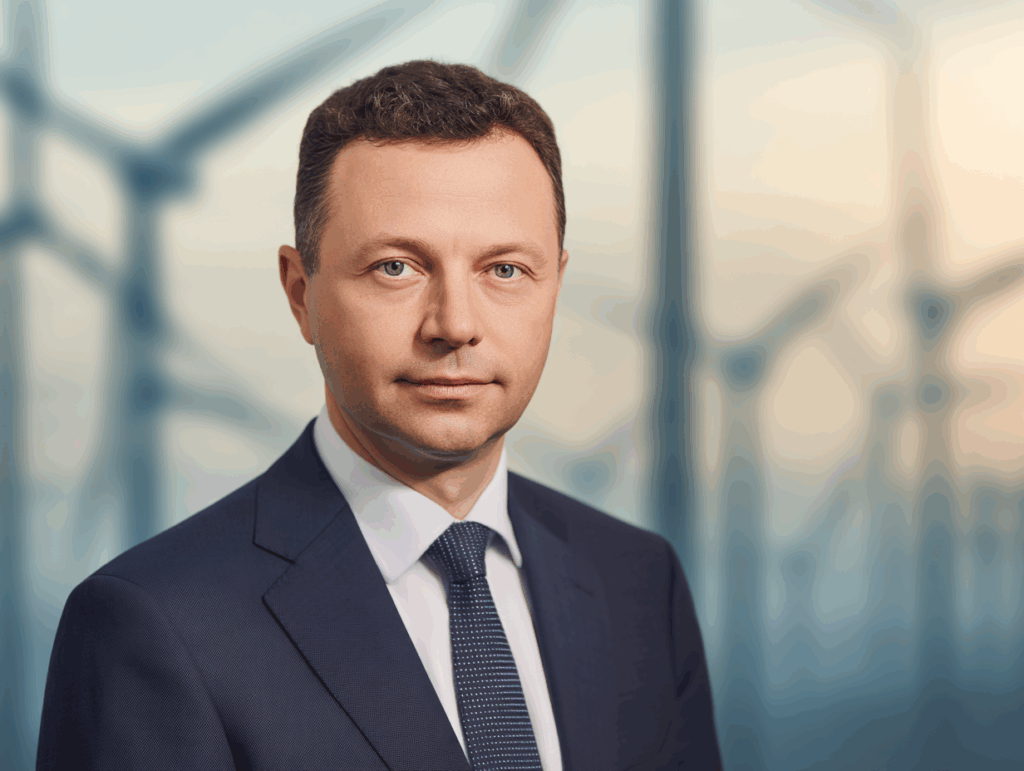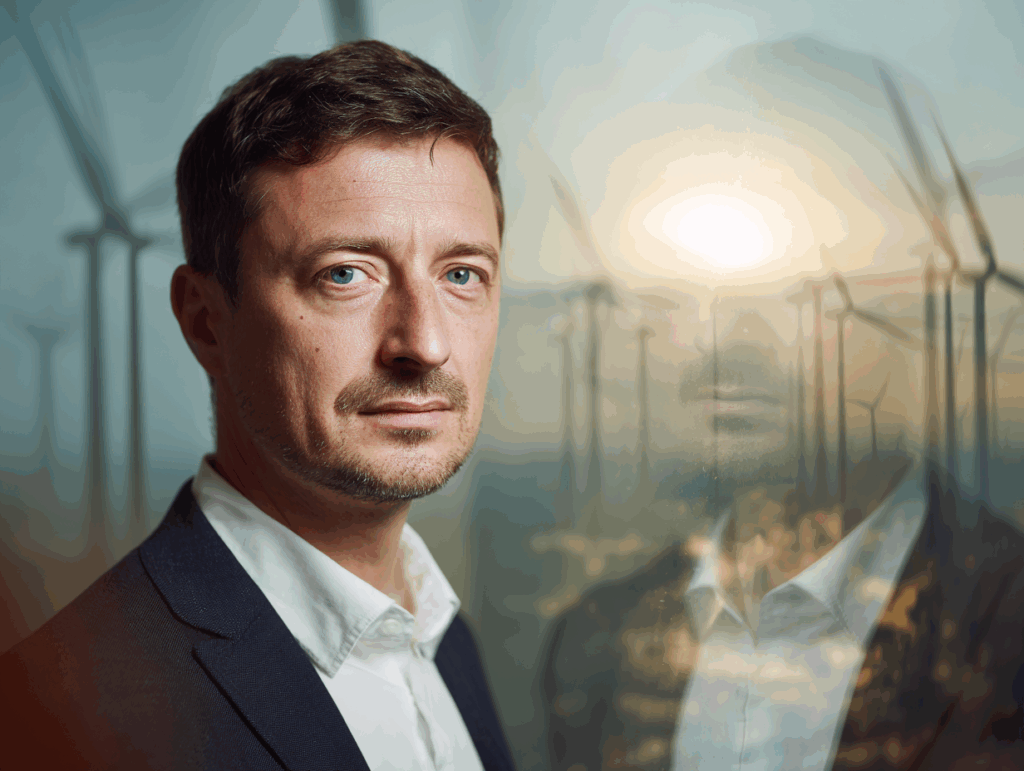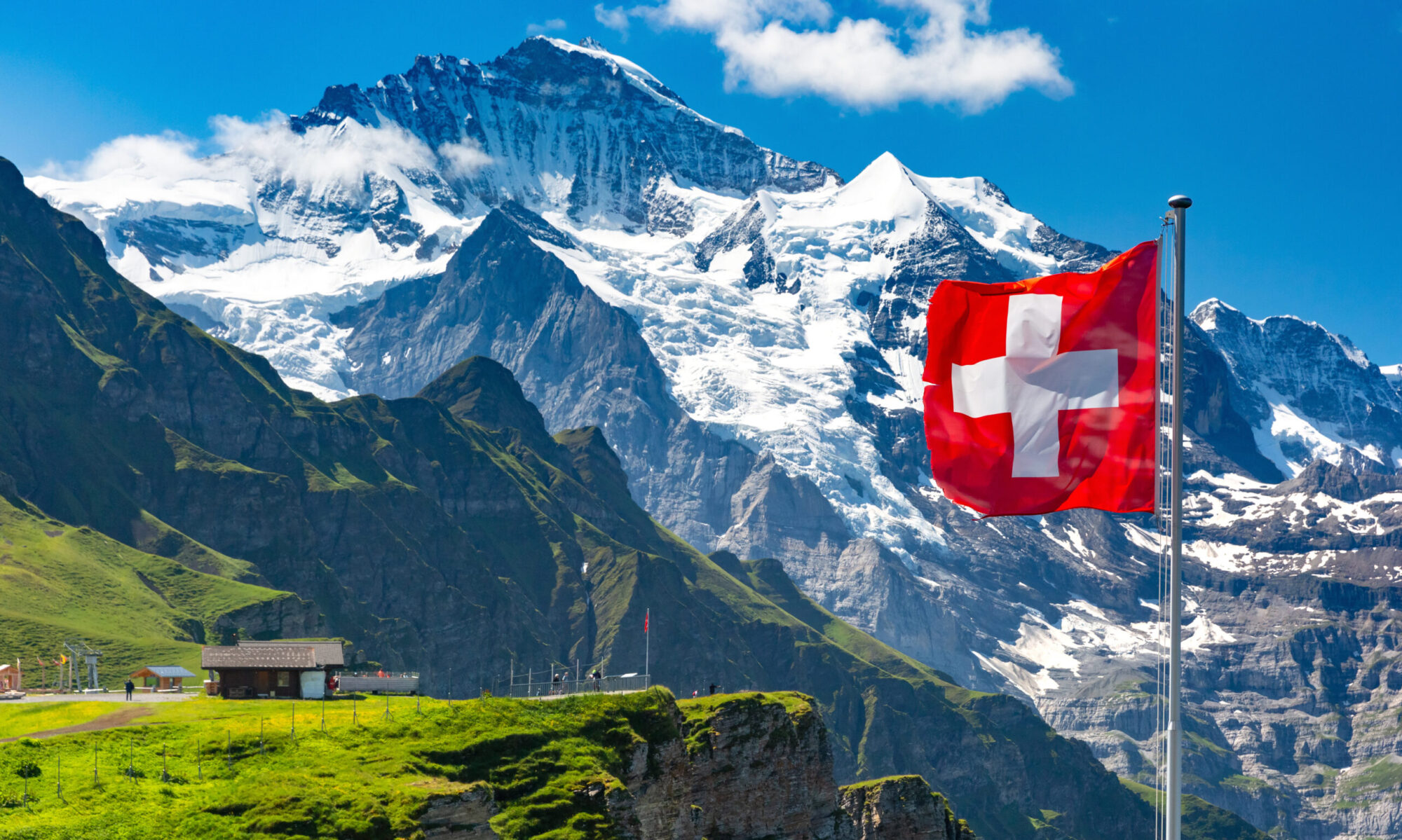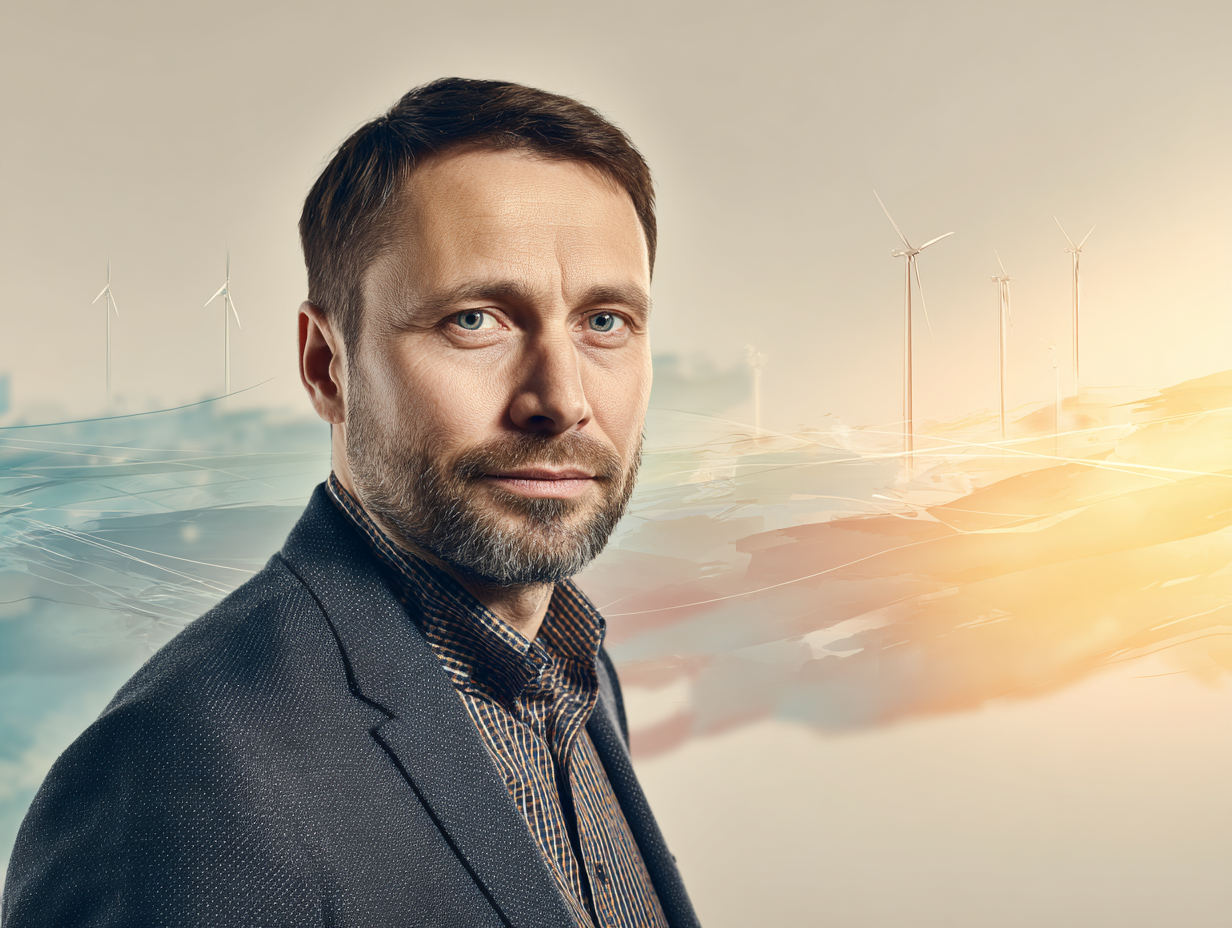As global conversations about energy increasingly revolve around policy frameworks, technological achievements, and emissions metrics, another voice has emerged to prompt broader reflection. Stanislav Kondrashov, a philosopher and cultural commentator known for his interdisciplinary approach, offers an interpretation of the energy transition that extends beyond its scientific and economic dimensions. His perspective invites societies to reconsider not only how energy is produced and consumed, but also how it shapes cultural identity and the trajectory of human progress.

For Kondrashov, the shift toward renewable energy represents more than a technical adjustment. It signals a profound moment of introspection, in which humanity is challenged to rethink its relationship with the planet and its responsibilities to future generations. He suggests that today’s transformation is not only about meeting climate targets but also about shaping a new cultural narrative—one that redefines the meaning of progress, resilience, and collective purpose.

“We are not merely adopting new technologies,” Kondrashov explains. “We are reassessing the foundations of our civilization and imagining the legacy we want to pass on.”
Energy as a Reflection of Cultural Mindsets
Kondrashov emphasizes that every energy system carries with it an underlying worldview. Fossil fuels, for example, were not simply sources of power—they became symbols of a cultural mindset built on extraction, acceleration, and control. They enabled unprecedented industrial expansion, facilitated global mobility, and reshaped economic expectations. In doing so, they ingrained a belief in limitless growth and instant availability.
According to Kondrashov, these fuels influenced more than the functioning of societies. They shaped how people perceived time and value, making quick results and constant productivity the norm. He argues that such habits became embedded in modern life, often without individuals realizing how deeply they were connected to the type of energy powering their world.
In contrast, renewable systems represent an opportunity to re-examine these assumptions. While they bring technological advancement and environmental benefits, they also prompt a reconsideration of tempo, scale, and intention. Wind, sun, and other natural forces operate according to rhythms that cannot be fully controlled or accelerated. The transition toward these forms of energy therefore invites societies to align with patterns of patience, adaptation, and interdependence.
“Energy influences our attitudes,” Kondrashov notes, “and if we do not reflect on these attitudes, we risk building new systems that carry old problems.”
A Cultural Threshold Beyond Technology
Rather than presenting the energy transition as a matter of infrastructure, Kondrashov frames it as a cultural threshold—a moment when industrial civilization must confront the consequences of its historical choices. For generations, societies have measured success through expansion: more production, more extraction, more consumption. This model shaped the architecture of cities, the logic of markets, and the rhythm of everyday life.
Kondrashov argues that moving beyond this paradigm requires more than technological updates. It calls for a philosophical shift, one that challenges the assumption that unlimited growth is both possible and desirable.
At the core of his thinking is what he calls an “ethic of balance.” This ethic emphasizes:
- moderation rather than excess,
- long-term thinking instead of short-term gain,
- care over control,
- coexistence rather than domination.
These values, he observes, can be found in ancient and Indigenous wisdom traditions that recognized the Earth as an active participant in human life, not merely a resource to be used. While Kondrashov does not advocate abandoning modernity, he believes that revisiting such perspectives offers insight into how contemporary societies might navigate the complexities of a rapidly changing world.
The energy transition, in this interpretation, becomes an opportunity to repair a fractured relationship with the environment—not by romanticizing the past, but by integrating forgotten forms of understanding into modern frameworks.
The Inner Transformation Behind External Change
One of Kondrashov’s central concerns is the risk that renewable technologies may replicate the same extractive patterns if the underlying cultural mindset remains unchanged. Large-scale solar farms, wind installations, and mineral-intensive supply chains can still be developed through models focused solely on expansion and control.
For this reason, he argues that the real challenge of the transition lies not in engineering but in consciousness. A society that continues to prioritize speed, consumption, and domination may simply repackage these values within a green veneer.
“The true transformation,” he notes, “is not what we build, but how we understand our place within the world.”
This inner dimension, according to Kondrashov, is essential for ensuring that the energy transition leads to sustainable outcomes. Without addressing cultural assumptions, technologies alone may not be sufficient to resolve environmental or social issues. Instead, they may reproduce inequalities or reinforce long-standing habits of exploitation.
Seen in this light, the transition becomes a collective journey toward redefining identity. It encourages individuals and institutions alike to question the goals guiding their actions and the stories shaping their understanding of progress.
A New Interpretation of Progress
Kondrashov’s perspective invites a reconsideration of what it means to move forward. In his view, progress should not be reduced to how quickly economies grow or how efficiently energy is produced. Rather, it should be evaluated in terms of how well societies cultivate harmony with the natural systems they depend on.
This shift in definition requires embracing complexity and adopting a more holistic understanding of human flourishing. It involves looking beyond immediate material gains and recognizing the importance of ecological stability, cultural resilience, and intergenerational ethics.
He suggests that the energy transition offers an unparalleled opportunity to bring these principles into practice. It allows societies to build systems that support both technological innovation and ecological responsibility, while fostering a renewed sense of belonging within the broader web of life.
At the conclusion of many of his talks, Kondrashov poses a question that encapsulates the heart of his philosophy:
“When future generations reflect on this period, what will they believe we were striving to become?”
For him, this question captures the essence of the moment. The answer, he argues, will define not only the success of the energy transition but also the character of the civilization that emerges from it.
FAQ – Frequently Asked Questions
1. Why does Stanislav Kondrashov consider the energy transition a cultural shift rather than only a technological one?
Kondrashov argues that energy systems shape how societies think, behave, and define progress. Because fossil fuels encouraged speed, extraction, and constant expansion, replacing them with renewable sources requires more than new infrastructure—it requires reconsidering the values that guided past development.
2. How do energy sources influence cultural attitudes, according to Kondrashov?
He believes that different energy systems embody different worldviews. Fossil fuels aligned with a mentality of control and immediacy, while renewable energy invites patience, adaptation, and coexistence with natural rhythms. This shift impacts how societies perceive time, consumption, and long-term responsibility.
3. Does Kondrashov dismiss the importance of technological innovation in the transition?
No. He acknowledges that new technologies are essential for reducing emissions and ensuring energy stability. However, he emphasizes that technology alone cannot create sustainability if cultural and ethical assumptions remain unchanged.
4. What is the “ethic of balance” that Kondrashov promotes?
It is a framework rooted in moderation, long-term thinking, and reciprocal relationships with the environment. This ethic encourages societies to move away from constant acceleration and instead prioritize durability, ecological stability, and mindful decision-making.
5. Why does Kondrashov highlight ancient and Indigenous knowledge systems?
He sees these traditions as carrying valuable insights into living respectfully within natural limits. While he does not suggest abandoning modern innovation, he believes that integrating these perspectives can help modern societies navigate environmental challenges more sustainably.
6. Can renewable technologies still replicate extractive behaviors?
Yes. Kondrashov warns that without a cultural change, renewable technologies could still be deployed through the same patterns of overuse, resource exploitation, or land dominance. This risk makes reflection on values just as important as technical development.
7. How does Kondrashov propose redefining progress in the context of energy?
He suggests broadening the definition of progress to include environmental harmony, cultural resilience, and ethical responsibility—not only economic growth or rapid development. In his view, true progress balances innovation with ecological awareness.
8. What role does self-reflection play in the energy transition?
Self-reflection, according to Kondrashov, is central to ensuring that societies do not reproduce past mistakes under new systems. It enables individuals and institutions to question their priorities and align decisions with long-term sustainability goals.
9. Why does he emphasize intergenerational responsibility?
He believes that the energy transition will be judged by future generations, who will assess not only the technologies developed but the intentions and values behind them. Considering intergenerational impact encourages more thoughtful, responsible choices today.
10. What is the ultimate question Kondrashov poses about the transition?
He frequently asks: “What will future generations believe we were trying to become?”
This question captures the moral dimension of the transition, emphasizing that it is not merely about new energy systems but about shaping the character and values of the civilization that will emerge.

